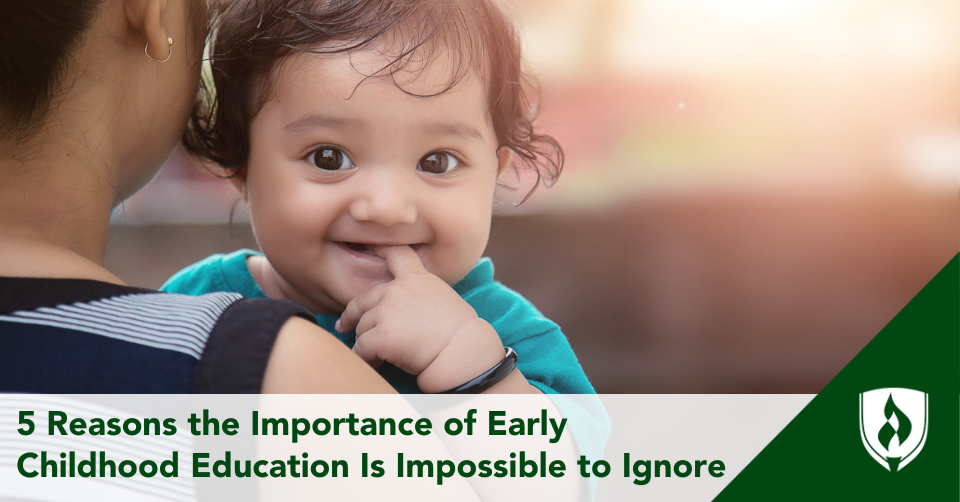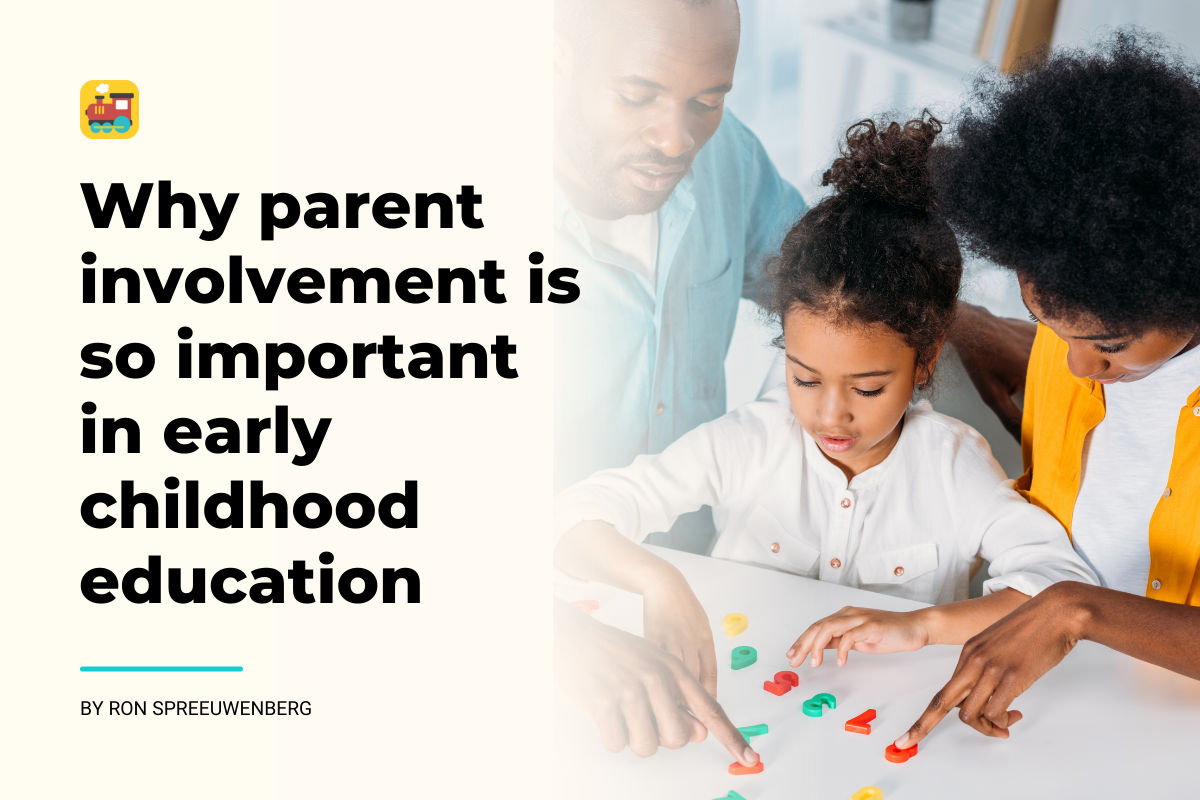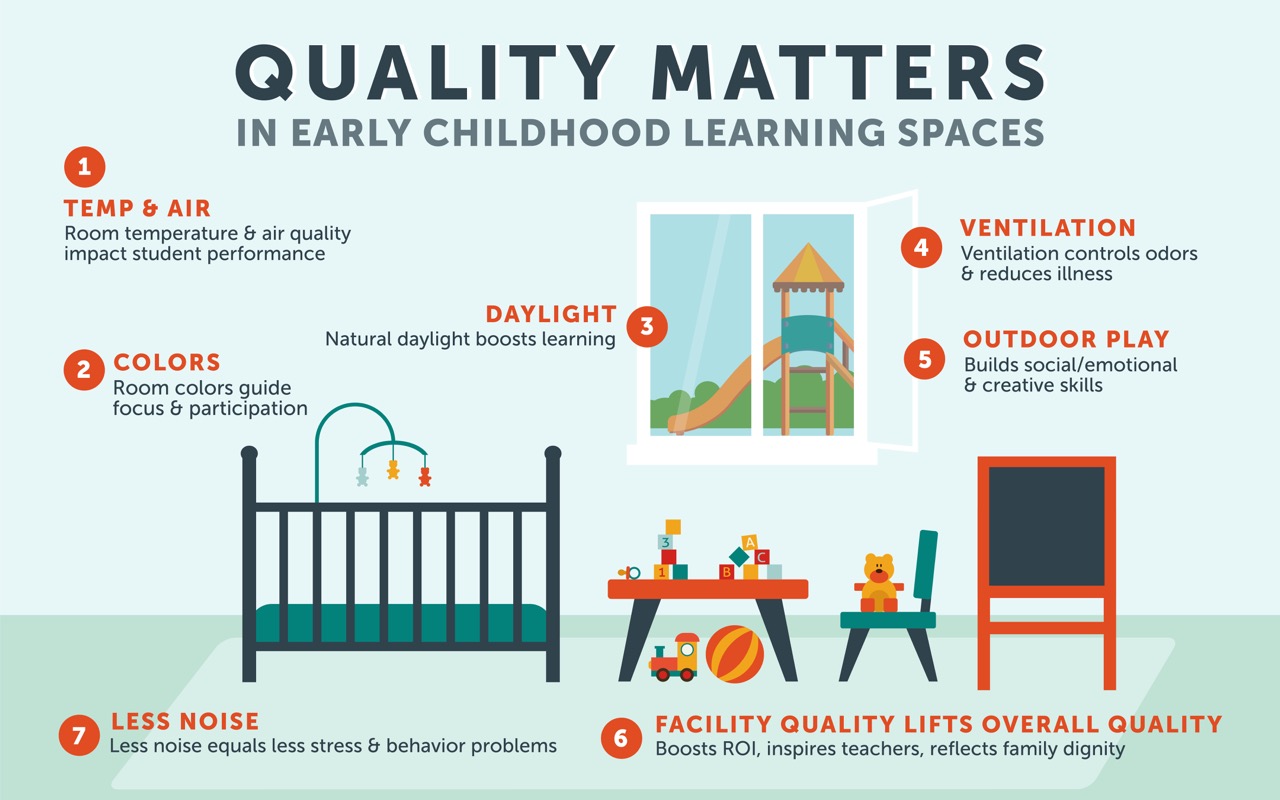ECE early childhood education is the first step in a child’s education journey. It provides a solid foundation for future learning and development. ECE programs help children develop cognitive, social, and emotional skills that are essential for success in school and life. They also provide children with a safe and nurturing environment where they can learn and grow.
This article will explore the importance of ECE early childhood education, the different types of programs available, and the benefits and challenges of ECE. We will also provide tips for parents on how to choose the right ECE program for their child.

What is ECE Early Childhood Education?
Definition of ECE Early Childhood Education
ECE early childhood education is the first step in a child’s education journey. It provides a solid foundation for future learning and development. ECE programs help children develop cognitive, social, and emotional skills that are essential for success in school and life. They also provide children with a safe and nurturing environment where they can learn and grow.
Importance of ECE Early Childhood Education
ECE early childhood education is important for a number of reasons. First, it helps children develop the cognitive skills they need to succeed in school. ECE programs teach children how to think critically, solve problems, and communicate effectively. They also help children develop the social and emotional skills they need to succeed in life. ECE programs teach children how to cooperate with others, resolve conflicts, and manage their emotions.
| Age Group | Type of Program | Goals |
|---|---|---|
| Infants (0-12 months) | Caregiving | Provide a safe and nurturing environment for infants. |
| Toddlers (1-3 years) | Preschool | Help toddlers develop cognitive, social, and emotional skills. |
| Preschoolers (3-5 years) | Kindergarten | Prepare preschoolers for kindergarten and beyond. |
ECE early childhood education is also important for helping children develop a love of learning. ECE programs provide children with a variety of learning experiences that help them explore their interests and develop their creativity. They also help children learn how to learn, which is a skill that will serve them well throughout their lives.
- Multilingualism in Early Childhood
- The Role of Music in Early Education
- Early Childhood Behavioral Management

The Importance of ECE Early Childhood Education
ECE early childhood education is important for a number of reasons. First, it helps children develop the cognitive skills they need to succeed in school. ECE programs teach children how to think critically, solve problems, and communicate effectively. They also help children develop the social and emotional skills they need to succeed in life. ECE programs teach children how to cooperate with others, resolve conflicts, and manage their emotions.
ECE early childhood education is also important for helping children develop a love of learning. ECE programs provide children with a variety of learning experiences that help them explore their interests and develop their creativity. They also help children learn how to learn, which is a skill that will serve them well throughout their lives.
| Age Group | Type of Program | Goals |
|---|---|---|
| Infants (0-12 months) | Caregiving | Provide a safe and nurturing environment for infants. |
| Toddlers (1-3 years) | Preschool | Help toddlers develop cognitive, social, and emotional skills. |
| Preschoolers (3-5 years) | Kindergarten | Prepare preschoolers for kindergarten and beyond. |
In addition to the benefits listed above, ECE early childhood education can also help children develop their physical health and well-being. ECE programs provide children with opportunities to engage in physical activity and learn about healthy eating habits. They also help children develop the social and emotional skills they need to make healthy choices throughout their lives.
- Multilingualism in Early Childhood
- The Role of Music in Early Education
- Early Childhood Behavioral Management

Types of ECE Early Childhood Education Programs
Center-Based Programs
Center-based ECE programs are typically located in a school or community center. They provide a variety of services to children, including early education, childcare, and after-school care. Center-based programs are often staffed by certified teachers and offer a structured curriculum.
| Type of Program | Age Group | Goals |
|---|---|---|
| Infant/Toddler Care | 0-3 years | Provide a safe and nurturing environment for infants and toddlers. |
| Preschool | 3-5 years | Help preschoolers develop cognitive, social, and emotional skills. |
| Kindergarten | 5-6 years | Prepare children for elementary school. |
Home-Based Programs
Home-based ECE programs are typically run by a caregiver in their own home. They provide a more intimate setting for children and can be more flexible than center-based programs. Home-based programs are often less expensive than center-based programs and may be a good option for families who need childcare during non-traditional hours.
- Provide a safe and nurturing environment for children.
- Help children develop cognitive, social, and emotional skills.
- Prepare children for kindergarten.
The Benefits of Home-Based Early Childhood Education
Montessori Programs
Montessori programs are based on the educational philosophy of Maria Montessori. Montessori programs emphasize hands-on learning and self-directed activity. They provide children with a variety of materials and activities that are designed to help them develop their cognitive, social, and emotional skills.
Montessori Education: A Guide for Parents

Benefits of ECE Early Childhood Education
Cognitive Benefits
ECE early childhood education can help children develop the cognitive skills they need to succeed in school. ECE programs teach children how to think critically, solve problems, and communicate effectively. They also help children develop the language and literacy skills they need to succeed in school. Early Math Concepts for Young Learners
Social and Emotional Benefits
ECE early childhood education can also help children develop the social and emotional skills they need to succeed in life. ECE programs teach children how to cooperate with others, resolve conflicts, and manage their emotions. They also help children develop the self-confidence and self-esteem they need to succeed in school and life. Social Skills in Early Childhood
| Skill | Description |
|---|---|
| Cognitive | Thinking critically, solving problems, and communicating effectively. |
| Social | Cooperating with others, resolving conflicts, and managing emotions. |
| Emotional | Developing self-confidence and self-esteem. |
Physical Benefits
In addition to the cognitive and social-emotional benefits, ECE early childhood education can also help children develop their physical health and well-being. ECE programs provide children with opportunities to engage in physical activity and learn about healthy eating habits. They also help children develop the motor skills they need to succeed in school and life. Physical Activities for Young Children
Other Benefits
ECE early childhood education can also provide a number of other benefits for children, including:
- Preparing children for kindergarten and beyond
- Providing children with a safe and nurturing environment to learn and grow
- Helping children develop a love of learning

Challenges of ECE Early Childhood Education
Funding Challenges
One of the biggest challenges facing ECE early childhood education is funding. ECE programs are often underfunded, which can lead to a number of problems, including:
- Low teacher salaries
- High child-to-staff ratios
- Limited resources
Early Childhood Education Policy Overview
Staffing Challenges
Another challenge facing ECE early childhood education is staffing. ECE programs often have difficulty recruiting and retaining qualified staff. This is due to a number of factors, including:
- Low pay
- High turnover rates
- Limited professional development opportunities
Supporting Special Needs in Early Education
| Challenge | Description |
|---|---|
| Funding | ECE programs are often underfunded, which can lead to a number of problems. |
| Staffing | ECE programs often have difficulty recruiting and retaining qualified staff. |
| Curriculum | ECE programs often lack a consistent and high-quality curriculum. |
Curriculum Challenges
ECE early childhood education programs often lack a consistent and high-quality curriculum. This can lead to children receiving a fragmented and uneven education. In addition, many ECE programs do not use evidence-based practices, which can further compromise the quality of education that children receive.Introduction to Early Childhood Curriculum
Other Challenges
In addition to the challenges listed above, ECE early childhood education also faces a number of other challenges, including:
- Parental involvement
- Public awareness
- Policy issues
Family Engagement in Early Childhood

Final Thought
ECE early childhood education is an essential investment in a child’s future. It provides children with the skills and knowledge they need to succeed in school and life. Parents should carefully consider the different types of ECE programs available and choose the one that best meets their child’s needs.




